How to Answer “Why Did You Leave Your Last Role?” Gracefully
- Rachel Zaslansky Sheer

- Nov 10
- 2 min read
Few interview questions can make a candidate sweat faster than this one: “Why did you leave your last role?” It’s deceptively simple, yet it reveals everything an interviewer wants to know about your professionalism, self-awareness, and emotional intelligence. The way you respond can either position you as poised and intentional or unprepared and reactive.
At The Grapevine, we’ve guided countless candidates through interviews with executives, entrepreneurs, and ultra-high-net-worth families. Across thousands of conversations, one truth remains consistent: the best answers to this question are thoughtful, brief, and rooted in growth rather than frustration.
Start with perspective, not emotion. Even if your last job ended under challenging circumstances, your tone should convey maturity. Employers aren’t looking for gossip; they’re looking for growth. Framing your departure around lessons learned and future goals shows composure and purpose. A line such as, “After several rewarding years in my last role, I realized I was ready for new challenges that align with my long-term goals,” signals professionalism and confidence without negativity.
Keep your explanation short, true, and neutral. You don’t owe anyone a lengthy play-by-play of your exit. What matters is that your response feels authentic and balanced. Overexplaining often makes you sound defensive. A simple statement like, “The company went through a restructure, and my position was impacted,” followed by how you used that time productively, communicates honesty and stability.
No matter what happened, never throw anyone under the bus. Even if you had a difficult boss or a toxic environment, criticism reflects poorly on you, not them. Instead of assigning blame, show reflection. Saying something like, “The culture shifted in a way that no longer felt aligned with my strengths, and I wanted to be thoughtful about finding a better fit,” displays grace, insight, and professionalism, three traits every great employer values.
Think of every career move as a chapter, not a failure. The best candidates treat transitions as opportunities for growth. Explaining that you learned a tremendous amount from your last position and that it clarified what kind of leadership or culture helps you thrive shows perspective. It reframes change as evolution, not instability.
Finally, preparation is everything. The more you practice your response, the more natural it will feel in an interview. The goal isn’t to sound rehearsed, it’s to sound confident and consistent. Practice out loud or with a recruiter until your tone feels composed and conversational, no matter who’s sitting across from you.
The truth is, “Why did you leave your last role?” isn’t a trap. It’s an invitation to demonstrate professionalism, emotional intelligence, and clarity about what you want next. When answered thoughtfully, it shows that you’re not running from something,

you’re moving toward something better. And that distinction is what separates a polite interview from a powerful one.






Comments